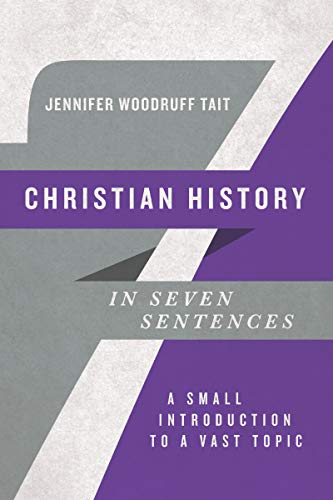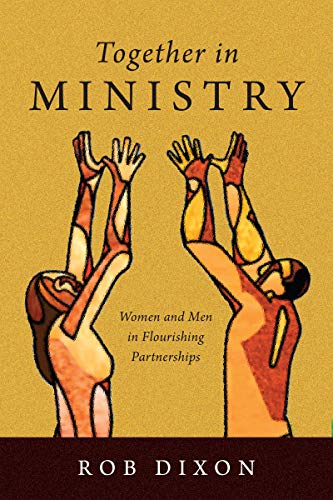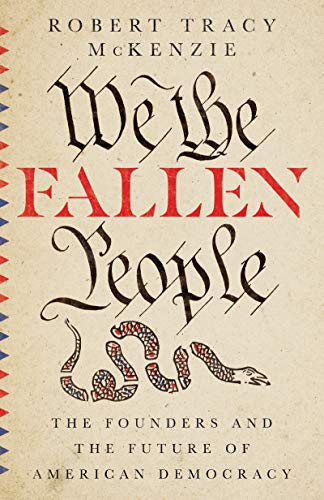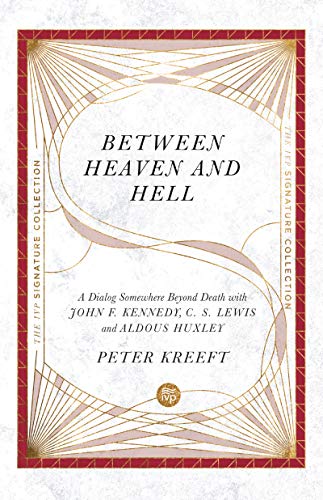Join our list
Subscribe to our mailing list and get interesting stuff and updates to your email inbox.
 Author(s): Jennifer L. Woodruff Tait
Author(s): Jennifer L. Woodruff TaitPublisher: IVP Academic
Price: $2.99 (April 12-13)
The history of the Christian church is a fascinating story.
Since the ascension of Jesus and the birth of the church at Pentecost, the followers of Christ have experienced persecution and martyrdom, established orthodoxy and orthopraxy, endured internal division and social upheaval, and sought to proclaim the good news “to the end of the earth.” How can we possibly begin to grasp the complexity of the church’s story?
In this brief volume, historian Jennifer Woodruff Tait provides a primer using seven sentences to introduce readers to the sweeping scope of church history.
Among the sentences:

Publisher: IVP Academic
Price: $2.99
The Christian faith requires faith. That means that believers are sometimes faced with uncertainty. But is all uncertainty bad?
Theologian Joshua McNall encourages readers to reclaim the little word “perhaps” as a sacred space between the warring extremes of unchecked doubt and zealous dogmatism. To say “perhaps” on certain contested topics means exercising a hopeful imagination, asking hard questions, returning once again to Scripture, and reclaiming the place of holy speculation as we cling to a faith that stands distinct from both pervasive skepticism and abrasive certainty.
In this day especially, it’s time Christians learned to say “perhaps.”

Publisher: IVP Academic
Price: $2.99
Women and men are designed to work together in fulfilling God’s mission on earth. Yet God’s original intent for equal partnership has been so distorted that churches and organizations continually struggle to foster healthy mixed-gender ministry collaboration. Is it even possible to return to the Genesis ideal of co-laborers in today’s contexts?
Longtime ministry leader Rob Dixon knows it’s possible―though it takes intentionality, courage, and wisdom. Based on qualitative field research among ministry practitioners, Together in Ministry offers a prophetic roadmap for individuals and communities as they seek to develop flourishing ministry partnerships for women and men.
Organized around the key domains of inner life, community culture, and intentional practices, this model identifies ten key attributes of partnerships that are both personally satisfying and missionally effective. For each attribute Dixon presents research findings and biblical examples, along with benefits, barriers, and practical next steps. With plenty of real-life stories from ministry leaders and reflection questions in each chapter, Together in Ministry casts a compelling―and encouraging―vision for flourishing partnerships and equips teams and individuals with next steps for making that vision a reality.

Publisher: IVP Academic
Price: $2.99
The success and survival of American democracy have never been guaranteed. Political polarization, presidential eccentricities, the trustworthiness of government, and the prejudices of the voting majority have waxed and waned ever since the time of the Founders, and there are no fail-safe solutions to secure the benefits of a democratic future.
What we must do, argues the historian Robert Tracy McKenzie, is take an unflinching look at the very nature of democracy―its strengths and weaknesses, what it can promise, and where it overreaches. And this means we must take an unflinching look at ourselves.
We the Fallen People presents a close look at the ideas of human nature to be found in the history of American democratic thought, from the nation’s Founders through the Jacksonian Era and Alexis de Tocqueville. McKenzie, following C. S. Lewis, claims there are only two reasons to believe in majority rule: because we have confidence in human nature―or because we don’t. The Founders subscribed to the biblical principle that humans are fallen and their virtue is always doubtful, and they wrote the US Constitution to frame a republic intended to handle our weaknesses. But by the presidency of Andrew Jackson, contrary ideas about humanity’s inherent goodness were already taking deep root among Americans, bearing fruit in such perils as we now face for the future of democracy.

Publisher: IVP Academic
Price: $2.99
On November 22, 1963, three great men died within a few hours of each other: C. S. Lewis, John F. Kennedy and Aldous Huxley. All three believed, in different ways, that death is not the end of human life. Suppose they were right, and suppose they met after death. How might the conversation go?
Peter Kreeft imagines their discussion as part of the great conversation that has been going on for centuries about life’s biggest questions. Does human life have meaning? Is it possible to know about life after death? What if one could prove that Jesus was God? With Kennedy taking the role of a modern humanist, Lewis representing Christian theism and Huxley advocating Eastern pantheism, the dialogue is lively and informative.
With clarity and wit, Between Heaven and Hell presents insightful responses to common objections to the Christian faith. This classic apologetics work is now available as part of the IVP Signature Collection, which features special editions of iconic books in celebration of the seventy-fifth anniversary of InterVarsity Press.

Publisher: IVP Academic
Price: $2.99
But God speaks through wombs,
birthing prophetic utterances. . . .
Enough of this unbelieving religion
that masquerades as faith.
Divine favor is placed on what we
have disgraced.
In God Speaks Through Wombs, Drew Jackson explores the first eight chapters of Luke’s Gospel in a new poetic register. These are declarative poems, faithfully proclaiming the gospel story in all its liberative power. Here the gospel is the “fresh words / that speak of / things impossible.” From the Magnificat (“That girl can sing! . . . She has a voice / That can shatter shackles”) to the baptism of Christ (“I stepped in / Committing insurrection”), this collection helps us hear the hum of deliverance―against all hope―that’s been in the gospel all along.

Publisher: IVP Academic
Price: $2.99
Many children today are growing up in the midst of adversity, whether family difficulties or larger societal crises. All children need to be able to deal with stress, cope with challenges, and persevere through disappointments. While we cannot protect children from all hardships, we can promote healthy development that fosters resilience.
In this interdisciplinary work, Holly Catterton Allen builds a bridge between resilience studies and children’s spiritual formation. Because children are spiritual beings, those who work with them can cultivate spiritual practices that are essential to their thriving in challenging times.
This book equips educators, counselors, children’s ministers, and parents with ways of developing children’s spirituality to foster the resilience needed to face the ordinary hardships of childhood and to persevere when facing trauma. It offers particular insight into the spiritual experiences of children who have been hurt by life through chronic illness, disability, abuse, or disasters, with resources for healing and hope.


